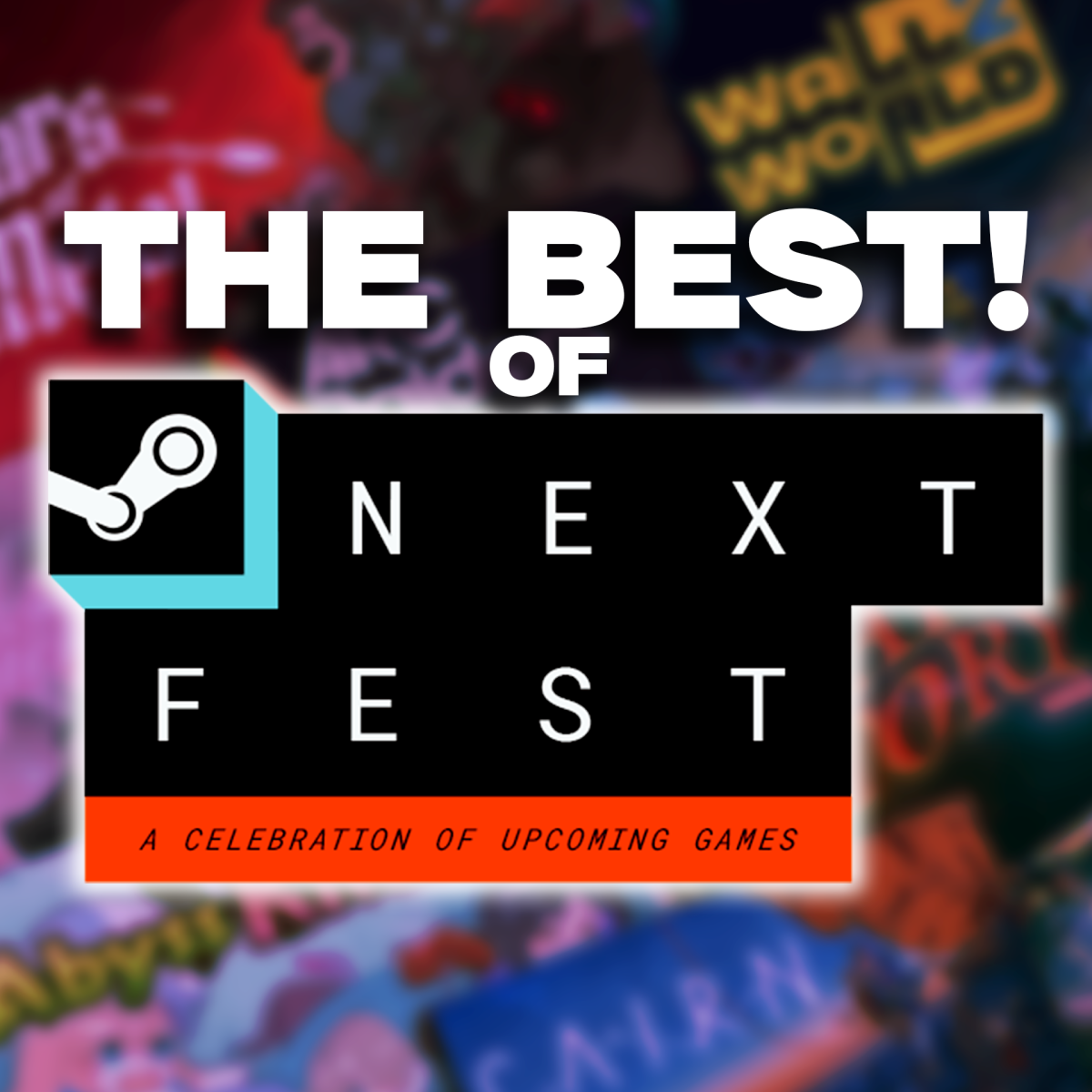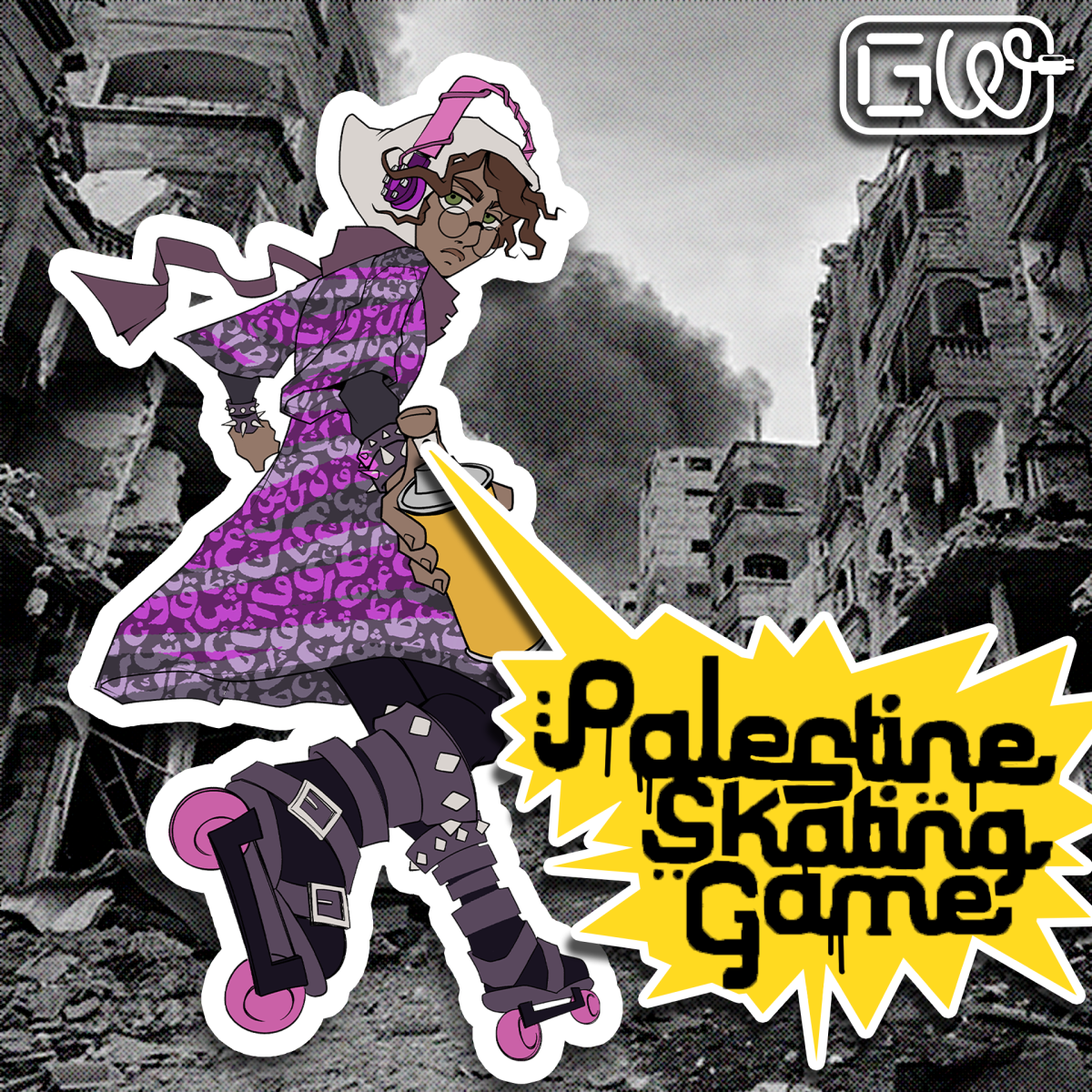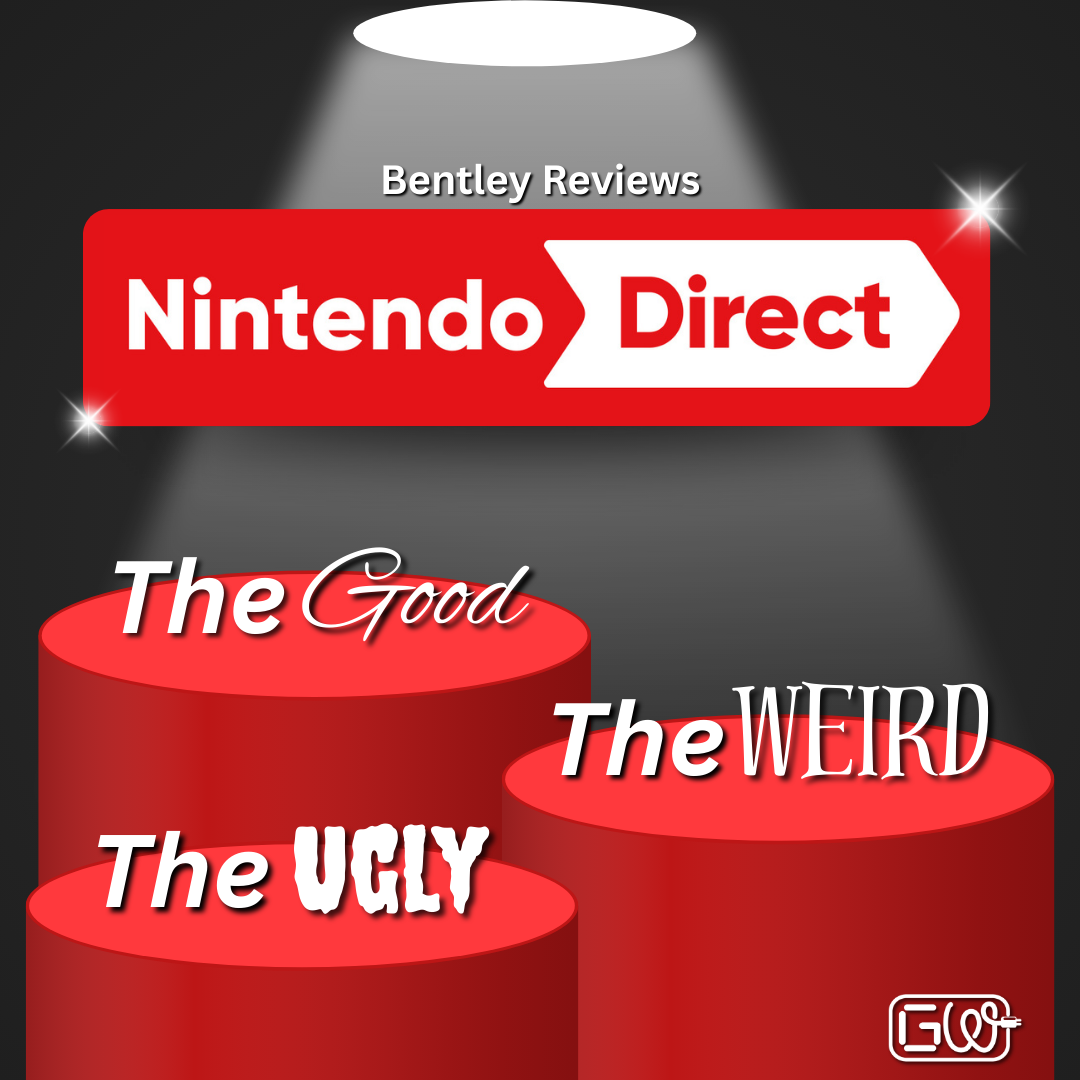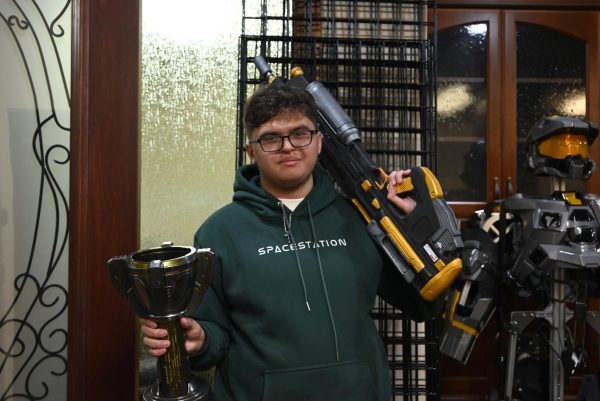
The Preparation
When going to GDC, I had two things on my mind. The first was meeting new people and making worthwhile connections. But the main thing I wanted was to learn from people in the industry, veterans of video game design, the dos and don’ts of the industry. Throughout my time at GDC 2025, I asked multiple professionals for their recommendations, especially concerning those just coming into the industry, yielding a large variety of answers. Some were common, some I had never heard before, and some were very obscure and specific but incredibly useful given their certain situations.
Time-Tested
Starting with the advice that I either heard consistently over the week or had heard before. The dos included simple but crucial practices, such as talking to people, reaching out, and going to places like GDC. While meeting fellow game developers is a great start to a career in games, it wasn’t recommended to go up to people and ask them for a job. As many professionals said, not only is this rude, but more often than not, other developers aren’t in a position to help you get a job, as hiring managers are best suited to assist you with your search. But even if you do meet a hiring manager, it is still impolite to ask for employment straightaway.. Another recommendation I heard a lot from professionals was not something exclusive to games, but should be practiced constantly and universally. That is, simply being kind to people. It is important to treat others with respect, especially because the industry is super small and everyone knows everyone. Overall, being considerate to other video game developers and trying to get to know and meet people is a foundational practice for anyone looking to break into the industry. You never know if the person you formed a connection with because you talked to about the Resident Evil franchise for 2 hours, might message you one day with a job opportunity.
“That’s a New One!”
On the other hand, I was able to get some more obscure but great advice when it comes to the video game industry, in particular. Even though it’s incredibly specific, it may play a crucial role in whether or not you succeed in this industry. According to an industry professional, when applying to a position, make sure your portfolio and resume are as relevant to the job opening as possible. Which even though it sounds like common sense, turns out it isn’t that common as many people forget to do this crucial simple step. So in other words, if you are applying for a 3D art position, make sure your resume is tailored to discuss your skills in 3D art, and in your portfolio, put your most recent and best 3D artwork at the top of the portfolio, making sure that it’s mostly art. Don’t add your level design block-outs or your college track and field statistics in; just keep your documents as relevant and streamlined as possible. This allows people, such as hiring managers, to easily identify your skill set and efficiently determine if you are qualified for the job, making their lives easier. While on the topic of portfolios, and just works, another great thing to do as a game developer is to consistently make games or parts of games. Keep practicing and improving your craft and put it in your portfolio, as it demonstrates passion and the drive to get better at one’s profession.
Closing Thoughts
Although, I got a ton of great advice from the professionals at GDC 2025, these are just a few, but arguably some of the most important dos and don’ts of the video game industry. From knowing how to properly interact with your fellow developers to understanding what to put on your portfolio and resume for a job application. Keeping these tricks in mind will help you go far in the games industry. And who knows, maybe by applying principles, you land that dream job at a company you’ve always dreamed of working for.
References:
Dos and Donts Photo: https://justhealthandsafety.co.uk/whatever-you-do-dont-do-dos-and-donts/
Thumbnail by Edwin Orozco







